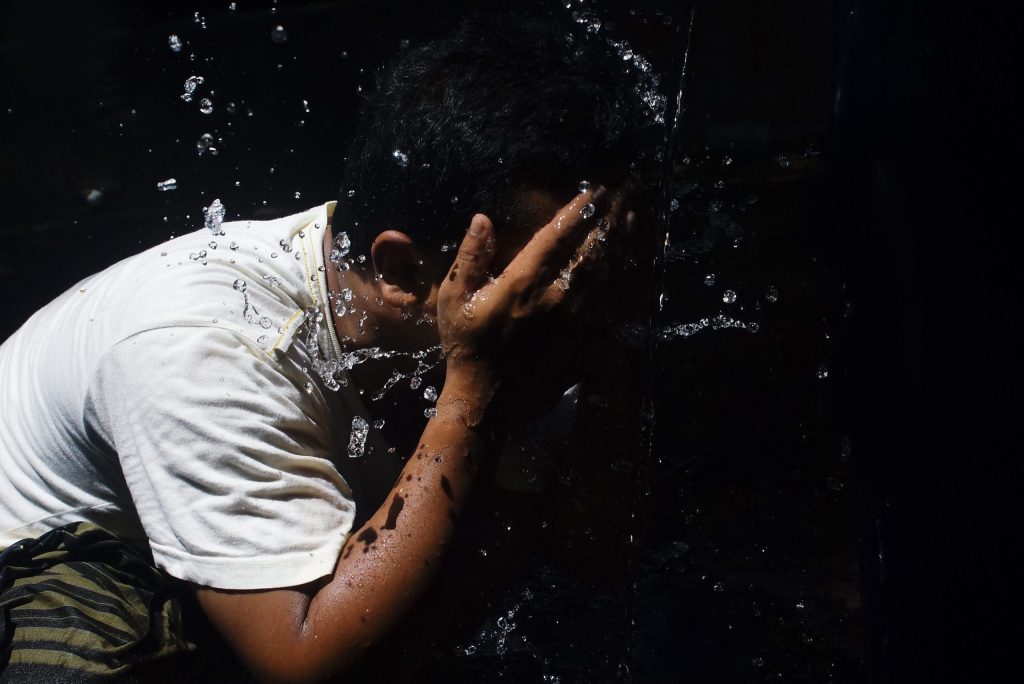Back when I was actively studying at Annuqayah pesantren, I often came across sentences that contained deeper meanings (read: funny, amusing, lively, humorous, etc.) within the framework of Arabic grammar (nahu and sarf). Apart from enhancing understanding of this discipline, it served as a kind of ‘refreshment’ to prevent getting too bored with the subject. These quirky phrases or sentences, odd as they may seem, could also provoke laughter and stick in memory.
One such sentence that embodies this peculiarity is as follows:

من توضأ ببول الكلب صح وضوءه
If taken literally, the meaning of this sentence is “whoever performs ablution with a dog’s urine, his ablution is valid.”
However, in its actual meaning, if someone has already performed ablution (using clean water as usual) and then encounters a dog’s urine, their ablution remains valid or unaffected. Obviously, merely encountering dog urine doesn’t nullify one’s ablution. The things that invalidate ablution have been explained in many Islamic jurisprudence books, and none of them state that encountering dog urine alone renders ablution invalid.
So, with this expression, we are encouraged to think deeper when encountering an unusual sentence. Because it’s very possible that what the Arabs (the speakers) intended is not the same as the literal interpretation others may have. Reading more Arabic sentences will provide more avenues for understanding in line with the intended meaning.
من قال فى المسجد بطل وضوءه
Taken at face value, the above sentence would mean “whoever speaks in the mosque, his ablution is nullified.” Speaking or conversing is not among the actions that invalidate ablution. Therefore, this needs further examination to avoid contradictions with Islamic law. Speaking anywhere is permissible, it doesn’t nullify ablution.


Terima kasih Mas Kiai Mukhlisin, sudah mengalihbahasakan naskah saya ini, in to English,,,